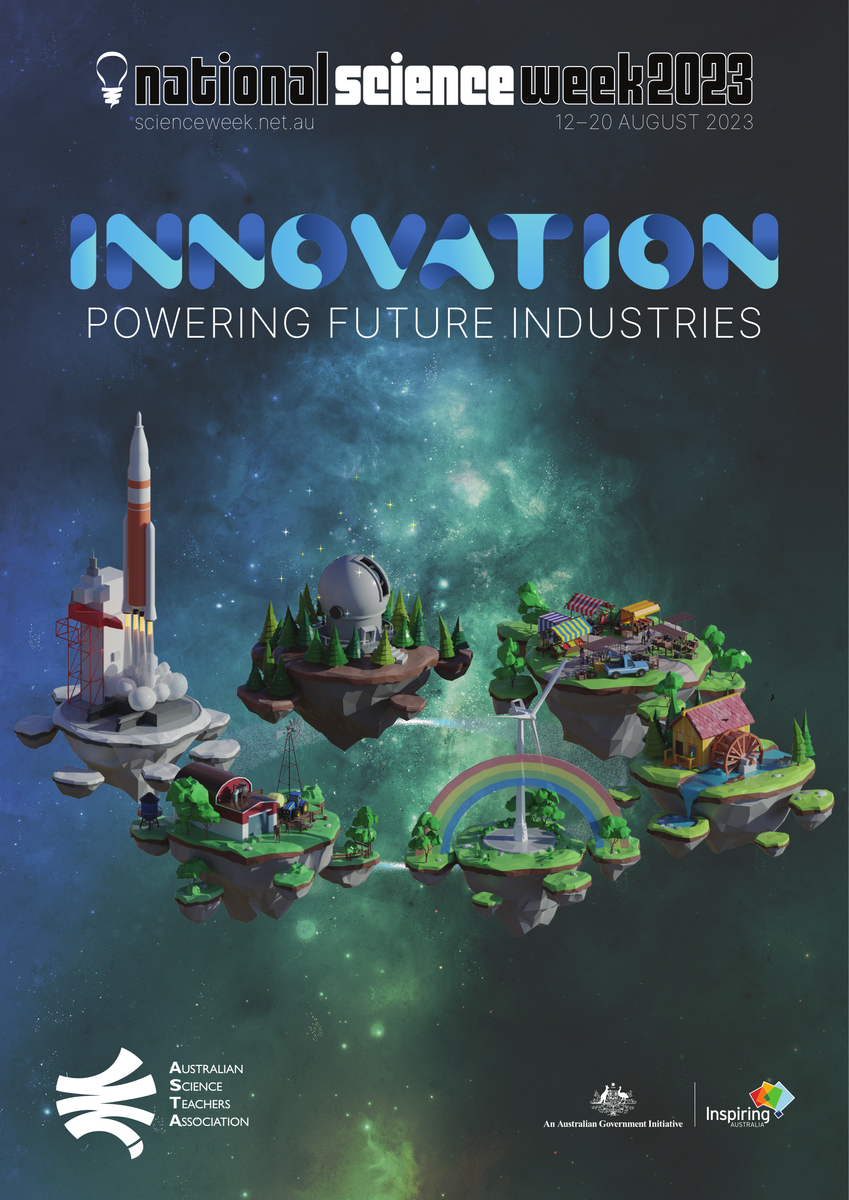OPS Education Space

During our spelling lesson this week, a very inquisitive Year 4 student asked ‘Why does the word ‘should’ have the letter ‘l’ in?’ Immediately, one of their classmates flipped open an iPad and started fervently tapping at the screen. Within minutes she had opened the browser, found the etymology website we use and conveyed the answer to the class. Success!
Back when I was in Year 4 (1986), unless the teacher knew the answer, the process would be much more laborious and, as books on etymology aren’t usually found in primary school libraries, we were probably left wondering (and still spelling ‘should’ without the ‘l’). What happened to blackboards, encyclopedias and watching BTN on the TV which was wheeled in at 10am on a Tuesday? How did we get interactive whiteboards, Smart devices and those nifty clicker things that allow you to move through a slide show from anywhere in the room? INNOVATION!!
The National Science Week theme for 2023 is Innovation: Powering Future Industries and we just have to look around our classrooms and homes to see this in action. The change in how students utilise technology in the classroom is impressive, however the rate of this change can be overwhelming for teachers, students and parents. The focus for educators is on how we teach the children to be innovative so they can continue the evolution of science and technology in our society.
The skill set involved in being innovative is something we value here at Ormond Primary School. We create classroom cultures that nurture creativity and curiosity. The students are not only taught and encouraged to ask purposeful questions, they are supported to find the answer themselves. They are also encouraged to challenge the opinions, decisions and solutions of others in a constructive way, particularly in relation to topics that are relevant to themselves. This brings meaning and purpose to what they are learning thus increasing their engagement in the task. And we all know what happens when our children are engaged in an activity; it’s difficult to get them to stop!
So when you have an opportunity, you may like to have a family discussion about innovations. Here are some ideas.
- Look at a piece of technology used around your house and explore why someone came up with the idea to create it.
- If you could make changes to one of the pieces of technology around your house, what would it be and why?
- What is the difference between an innovation and an invention?
- Should we have invented plastic?
- Will Artificial Intelligence have a positive or negative impact on the way students learn at school?
For further information on Science week, please visit www.scienceweek.net.au/.
Delia Robey
Year 3 and 4 PLC Leader, Education Sub Committee Convenor

